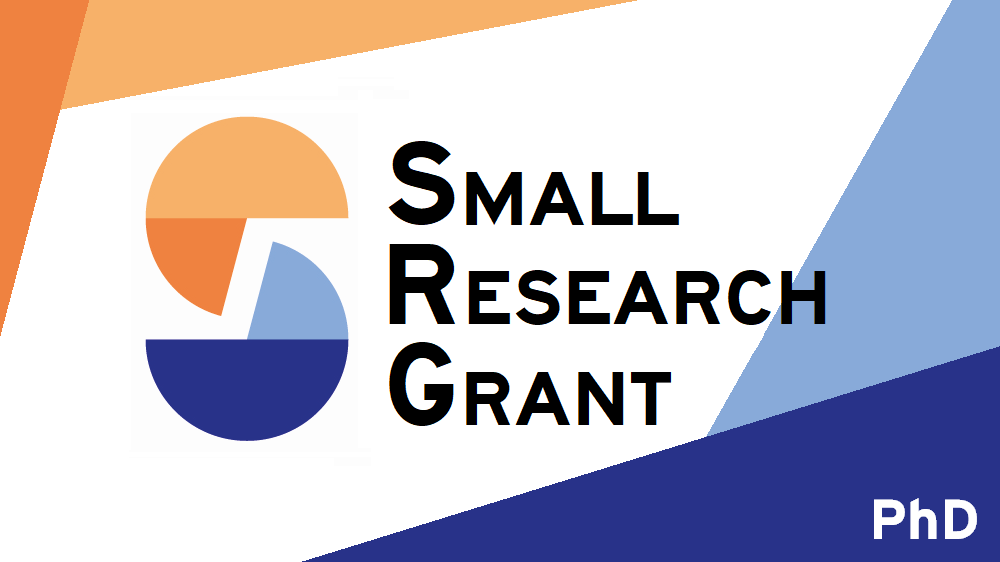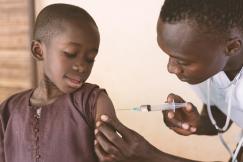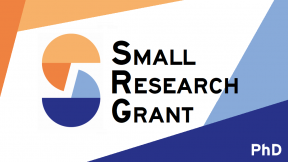Extreme poverty affects 10% of the global population, with 732 million people living on less than $2.15 per day according to the 2017 PPP measure. Economists have long studied the causes and persistence of poverty, focusing on concepts such as the "Poverty Trap," where poverty becomes self-reinforcing due to factors like indivisibilities in production and imperfect credit markets. Behavioural traps, where negative shocks lower beliefs about the returns to effort, also contribute to this issue. Motivated by these longstanding economic concerns, this project seeks to investigate the existence of poverty traps and identify their determinants.
The project utilises microdata from around 100 studies involving randomised cash or asset transfers, focusing on Unconditional Cash Transfers (UCTs), Conditional Cash Transfers (CCTs), and Graduation/Asset Transfer Programs, with data covering various countries. The methodology involves modelling changes in assets, income, and consumption over time through transition equations and a Markov transition matrix to simulate long-term outcomes. The study will derive and test predictions about behaviour under non-convexities using non-parametric methods. A meta-analysis will aggregate findings across studies, employing Bayesian non-parametrics to account for varying thresholds, providing robust evidence on the existence and determinants of poverty traps.
This research is highly relevant to policymakers, particularly in low-income countries, as it addresses the fundamental question of whether poverty traps exist and what drives them. By providing robust evidence on the dynamics of poverty, the project can inform policies aimed at breaking these traps through targeted interventions such as cash and asset transfers. The project offers counterfactual policy simulations, allowing policymakers to evaluate the potential impacts of different intervention strategies. Although the research may involve diverse countries, its findings are applicable to low-income contexts globally, providing insights into effective poverty alleviation strategies. Academically, the project expands the literature by harmonising data from numerous studies and applying advanced Bayesian non-parametric methods, offering new publicly available data and methodological innovations that enhance our understanding of poverty dynamics.






























































